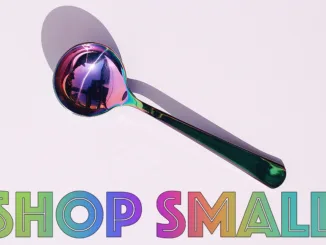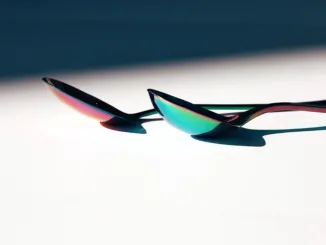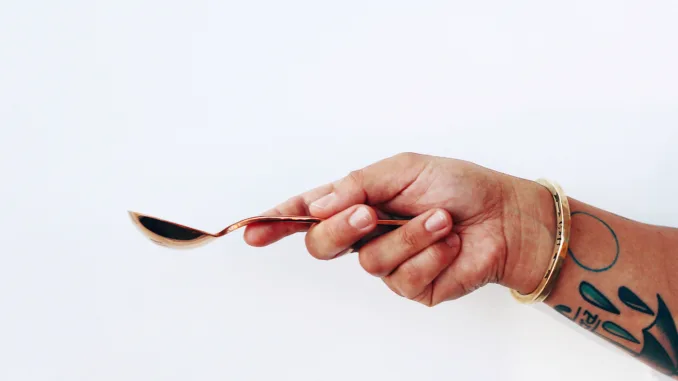
Umeko Motoyoshi is on a mission to make health care accessible for coffee workers, and it all started with a rainbow cupping spoon.
BY J. MARIE CARLAN
BARISTA MAGAZINE ONLINE
Featured photo by Morgan Eckroth
Umeko Motoyoshi (they/them) has worn many hats. They grew up on a small island in the Pacific Northwest, then cut their teeth working as a barista in both Oakland, Calif., and San Francisco. Now settled in the diverse coffee haven of Kansas City, Mo., Umeko has created a business that uplifts the coffee community in unique ways.
I had the privilege of interviewing Umeko about their cupping spoon business, Umeshiso, and their nonprofit Get Psyched Coffee, which raises funds to pay for baristas’ mental health services.
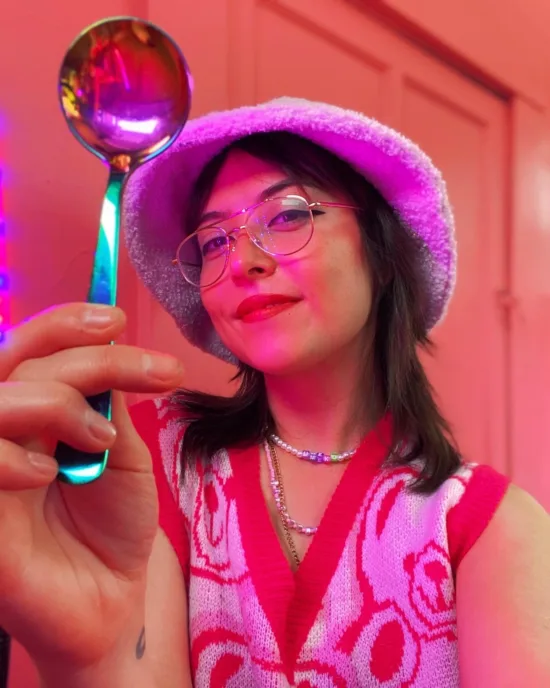
Behind Umeshiso
Umeko spent years in the coffee world as a barista, barista trainer, and café manager. They also have a tech background and developed manufacturing technology for a specialty instant-coffee brand. After years of working for other people, Umeko quit their job in 2019 to start their own business.
Umeko had often gone to coffee cuppings and felt like the odd one out. “I made a rainbow spoon that reminded me I belonged,” they say. Umeko explains that as a mixed-race, queer, disabled, and neurodivergent person, the coffee world could sometimes be unwelcoming or unaccommodating to them. The “gay spoons,” as Umeko calls them, were a way to feel grounded. Other baristas and coffee folks took note and desired their own spoons. (Morgan Eckroth is a big fan, it turns out.) Umeko realized this would be a great way to uplift minorities and make the cupping community more inclusive. Thus, Umeshiso was born.
One of the benefits of starting their own business was that they could structure it according to their needs. “My team is all very neurodivergent, and we just build our ways of working around how we actually are, instead of around what someone else thinks we’re supposed to be like. I couldn’t do that working for someone else; I had to just do that for myself,” Umeko explains.
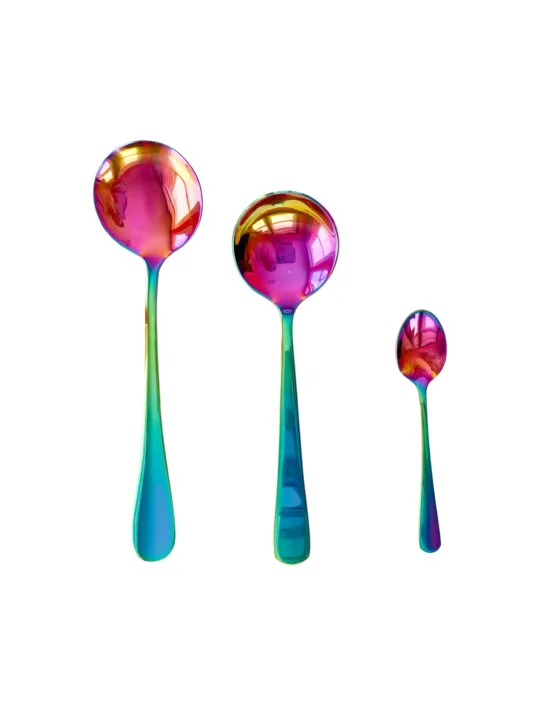
Making a Splash
Umeshiso’s spoons turned out to be popular for more uses than just cupping. They created something of a stir (pun intended) when Chris Morocco, the food director of Bon Appétit and Epicurious, claimed that the Little Dipper spoon was the best, not just for coffee, but, well, everything. “There’s nothing I’d rather use while cooking, tasting, eating—or anything else you can do with a spoon,” he gushes in a review in the “Highly Recommend“ section of the Bon Appétit website. Chris mentions ideal weight, mouthfeel, and length as attributes that outshine other spoons on his counter.
There are three sizes of cupping spoons in rainbow, black, gold, and rose gold. Umeshiso also offers chopsticks and plans to release forks and knives within the year. The online store sells gift sets, cupping sets, art prints, and more. Umeshiso has also teamed up with other companies to create beautiful wares. There is a line of colorful nail polishes from a collaboration with Urnex, and a Miir canister that reads, “Coffee workers deserve the world.”
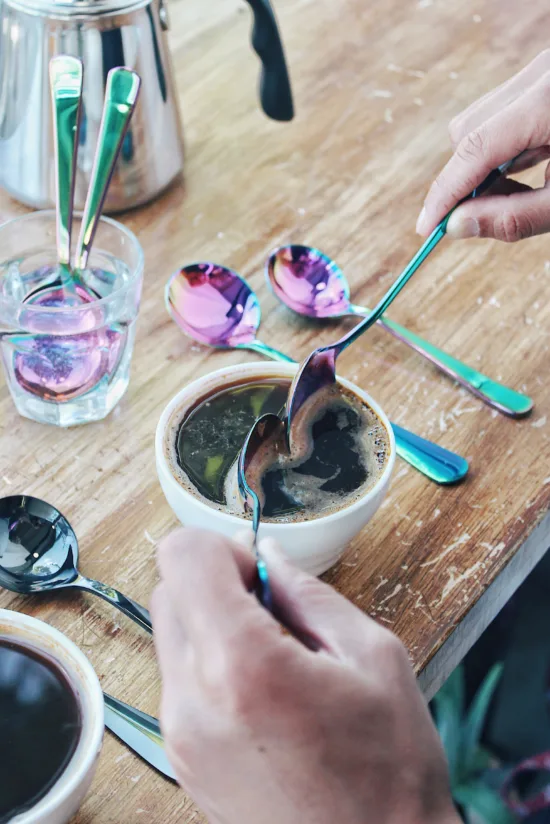
For Everyone
Accessibility is a major concern at Umeshiso: Everything is priced on a sliding scale, so even the low-wage coffee worker can acquire the coveted gay spoon. Umeshiso also donates monthly to worthy causes that benefit both baristas and marginalized communities.
“My business,” Umeko says, “and pretty much everything about me, is all really related to me trying to build a life for myself. Because the existing systems and options just don’t work for someone who’s mentally ill and disabled.”
Umeshiso was created with the marginalized in mind, and with colorful products that directly benefit these communities, Umeko is already realizing that dream.
Check back tomorrow for part two, where we will dive into Umeshiso’s nonprofit initiative, Get Psyched Coffee.
ABOUT THE AUTHOR
J. Marie Carlan (she/they) is the online editor for Barista Magazine. She’s been a barista for over a decade and writing since she was old enough to hold a pencil. When she’s not behind the espresso bar or toiling over content, you can find her perusing record stores, collecting bric-a-brac, writing poetry, and trying to keep the plants alive in her Denver apartment. She occasionally updates her blog.

